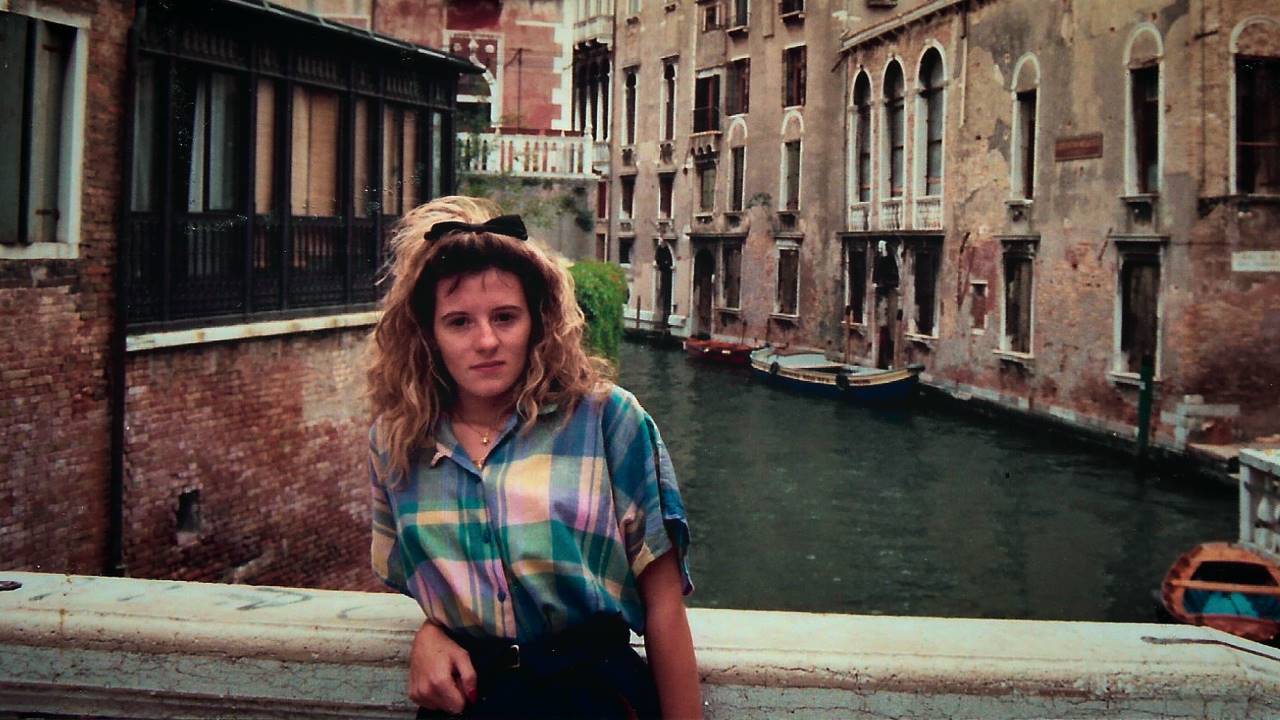
Let me start with this: if you think your most chaotic friend is a bit much, wait till you meet Angi. This woman took “fake it till you make it” and cranked it up to a felony. Netflix’s Angi: Fake Life, True Crime is one of those rare true crime documentaries that feel less like you're watching a crime unfold and more like you're being gaslit in real-time—except you're holding the receipts.
The two-part Spanish docuseries does exactly what it promises—no drama dressing, no stylistic fluff, no haunting re-enactments with fog machines. It just lays it all out for you like a seasoned detective who’s done babysitting your ignorance. The story centers around María Ángeles Molina, known as Angi, a seemingly polished woman with a background in law and a talent for manipulating people like it were an Olympic sport. She murdered her so-called best friend, Ana Páez, in 2008, all while smiling for the camera and applying for life insurance policies in Ana’s name. Friendship goals? Not quite.
Here’s what happened, in the world’s most nerve-wracking nutshell: Angi was running a low-budget scam festival behind the scenes—faking documents, committing insurance fraud, and essentially trying to financially Frankenstein a second identity using Ana’s information. The plan? Take out loans, cash in on life insurance, and disappear into the sunset. Except the whole plot crumbles like a burnt tortilla once forensic investigators catch the scent. Spoiler: she drugged and suffocated Ana, made it look like Ana was still alive and signing documents, and tried to stage a death that could fool, well, maybe a blindfolded hamster. Humans? Not so much.
Where the series really shines is in its tone. It doesn’t romanticize the killer, nor does it treat the audience like it needs spoon-feeding. It assumes you’ve watched at least one episode of Making a Murderer and now want something that doesn’t make you feel like a crime show poser. Over the course of two episodes, the documentary unpacks over 60 interviews, pieces of legal testimony, and media footage. It's not flashy—but it doesn't need to be. The real horror here isn't in how the crime was executed; it’s in how calm and calculated Angi was, right up to her arrest.
The real jaw-drop moments aren't even the murder itself, as grim as that sounds. It’s the fact that this wasn’t her first suspicious incident. There’s also the very cloudy death of her husband years earlier, a case that never made it to court due to insufficient evidence. So yeah, red flags were flapping in the wind like it was the Running of the Bulls and everyone just decided to sit it out.
The interviewees range from journalists to law enforcement officers to Ana’s friends and family. Each offers a small but telling glimpse into the spiderweb Angi spun—one silk thread at a time. You start to piece together not just the mechanics of the murder, but the character of a woman who had no qualms about weaponizing relationships and exploiting the bureaucracy with surgeon-like precision. Angi’s brain worked like a computer programmed in lies, but somehow it never tripped on its own code—until it did.
Still, this isn't a perfect series. While the plot is solid and the presentation admirably no-nonsense, the second half does slow down a bit. There's a stretch where you feel like you've heard the same fact three ways from four people, and that momentum dip keeps it just short of brilliant. Also, Angi herself doesn’t participate in the documentary—no interviews, no statements. Her daughter and legal team are also absent. So while we hear about her a lot, we don’t hear from her, which leaves a fascinating psychological hole. You’re left wondering what goes on in the mind of a person who builds an entire architecture of fraud—and then kills to protect it. Still, that’s part of what makes it stick with you. The silence from Angi is almost louder than her lies ever were.
The series doesn’t lean into heavy symbolism or exaggerated emotional pulls. It doesn’t need to. What makes it effective is how quietly outrageous it is. The very ordinariness of the people involved—the normal settings, the basic paperwork, the very human trust that was so easily violated—makes the story hit harder. Angi wasn’t a criminal mastermind in the Hollywood sense. She was worse: a very intelligent, very ordinary woman who decided she could rewrite the rules.
So here’s the final verdict: Angi: Fake Life, True Crime is not going to throw glitter in your eyes or dress itself up like a prestige doc. It’s too smart for that. It knows it has the goods. It’s clinical, careful, and unnervingly quiet in the way it unfolds—a true-crime piece that’s less about spectacle and more about subtle rot revealed under the microscope. Watch it for the chills, and stay for the creeping realization that the people we think we know best may have secret blueprints we’ll never see until it’s far too late. Just don’t trust anyone who asks to borrow your ID afterward.
Final Score- [9/10]
Reviewed by - Anjali Sharma
Follow @AnjaliS54769166 on Twitter
Publisher at Midgard Times
Hi Everyone, after a due consideration, we have decided that we will be open for donations to help us in managing our website. We will be greatful for any kind of amount we receive. Thanks!
— Midgard Times 🎬 (@Moviesr_net) January 4, 2026
PayPal- [email protected] pic.twitter.com/DlNNz5Npm5
Get all latest content delivered to your email a few times a month.
Bringing Pop Culture News from Every Realm, Get All the Latest Movie, TV News, Reviews & Trailers
Got Any questions? Drop an email to [email protected]